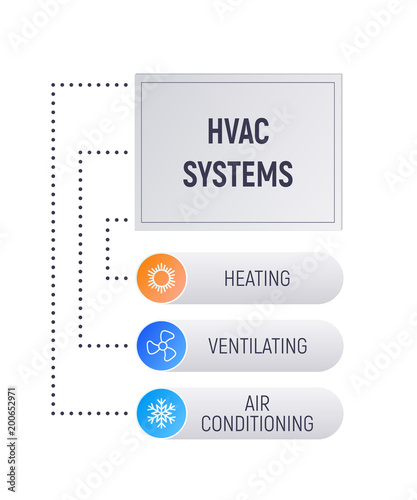The Future Of Home Home Heating - Exactly How Heat Pump Modern Technology Is Advancing
The Future Of Home Home Heating - Exactly How Heat Pump Modern Technology Is Advancing
Blog Article
Content Composed By-Rosenthal MacGregor
Heat pumps will certainly be a critical innovation for decarbonising heating. In a circumstance consistent with governments' announced energy and environment dedications, their international capacity doubles by 2030, while their share in home heating rises to one-quarter.
They work best in well-insulated homes and rely upon electrical power, which can be provided from a sustainable power grid. Technical developments are making them extra effective, smarter and less costly.
Gas Cells
Heatpump make use of a compressor, refrigerant, coils and fans to relocate the air and warmth in homes and devices. They can be powered by solar power or electrical energy from the grid. They have been acquiring appeal as a result of their affordable, quiet procedure and the capacity to generate electrical energy during peak power need.
Some business, like IdaTech and BG MicroGen, are servicing fuel cells for home heating. These microgenerators can change a gas boiler and produce some of a residence's electric requirements with a link to the electrical power grid for the rest.
Yet there are reasons to be hesitant of using hydrogen for home heating, Rosenow states. It would certainly be expensive and inefficient compared to various other modern technologies, and it would contribute to carbon exhausts.
Smart and Connected Technologies
Smart home innovation enables homeowners to attach and regulate their gadgets remotely with using smart device apps. For example, clever thermostats can discover your heating choices and automatically adjust to enhance power usage. Smart lighting systems can be regulated with voice commands and automatically turn off lights when you leave the area, reducing power waste. And smart plugs can keep track of and handle your electrical use, enabling you to identify and restrict energy-hungry home appliances.
The tech-savvy house illustrated in Carina's interview is a great picture of how owners reconfigure area heating techniques in the light of brand-new clever home innovations. They depend on the gadgets' automatic features to carry out day-to-day modifications and regard them as a practical means of conducting their home heating methods. As such, they see no reason to adjust their techniques even more in order to enable adaptability in their home energy need, and interventions targeting at doing so may face resistance from these families.
Electrical energy
Because warming homes accounts for 13% people exhausts, a button to cleaner options could make a huge difference. However the modern technology faces difficulties: It's pricey and requires extensive home restorations. And it's not constantly suitable with renewable resource resources, such as solar and wind.
Up until lately, electrical heat pumps were too costly to take on gas designs in a lot of markets. But new innovations in design and products are making them more inexpensive. And better cool climate performance is enabling them to work well even in subzero temperature levels.
The next step in decarbonising heating might be using heat networks, which draw heat from a central resource, such as a close-by river or sea inlet, and disperse it to a network of homes or structures. That would certainly reduce carbon emissions and enable houses to make the most of renewable resource, such as eco-friendly electrical energy from a grid supplied by renewables. This choice would certainly be much less expensive than switching over to hydrogen, a fossil fuel that needs new framework and would just decrease CO2 emissions by 5 percent if coupled with improved home insulation.
Renewable Energy
As power prices go down, we're starting to see the very same pattern in home heating that has actually driven electrical cars and trucks into the mainstream-- however at an also faster pace. simply click the next document for electrifying homes has actually been pushed even more by new research study.
Renewables make up a substantial share of modern-day warm usage, yet have been provided minimal policy focus globally contrasted to various other end-use markets-- and also much less interest than power has. Partially, this reflects a mix of consumer inertia, split rewards and, in several countries, aids for fossil fuels.
New technologies could make the change easier. As an example, heatpump can be made a lot more power efficient by changing old R-22 refrigerants with new ones that don't have the high GWPs of their predecessors. updated blog post that attract heat from a neighboring river or sea inlet, like a Norwegian fjord. The warm water can after that be made use of for heating and cooling in a community.